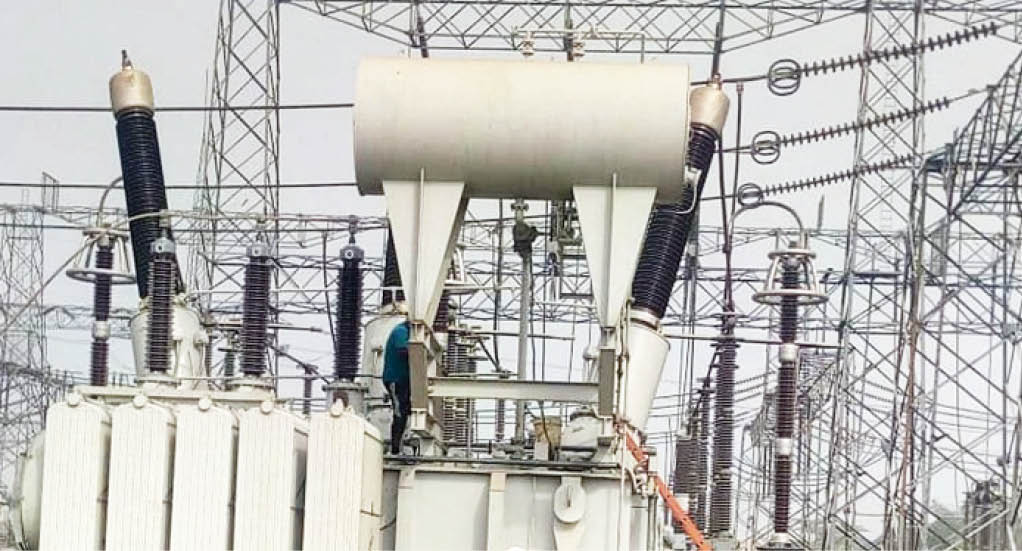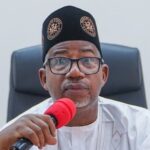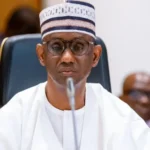By Oluwole Samuel Kayode
One problem that Nigerians expect the nation to overcome – and to overcome urgently – is electricity supply. With a population projected to be over 200 million, stable and accessible electricity is key to economic growth and social prosperity. Nigerians are still hoping that one day electricity will be a settled question; one day there will be uninterruptible light.
In the past, hope was raised and dashed, especially when it was reported that under the administration of President Olusegun Obasanjo, the sum of $16 billion was spent (or was it wasted?) on power between 1999 and 2014.
Recent media reports of “collapse of the national grid” appear to be raising the old concerns about lack of progress towards resolving the electricity challenge. The search for answer always begins with asking the right question. So, what is really going on in Nigeria’s power sector? What is happening to the national grid? Is there any hope for the power sector? What is really going on?
Let us start with the national grid. Power outage is not a new phenomenon. How it is managed is more important. To eliminate blackouts, China’s state-owned power grid company just introduced a new AI system that resolves power issues in just three seconds. Nigeria’s national grid has been in the news, with headlines about what is called ‘collapse of the national grid.’ In some cases the headlines scream ‘Nigeria thrown into darkness again.’
This, for us, as experts in the industry is far from the reality and shows poor understanding of how electricity supply systems work. Faults on any of the grid equipment can cause automatic shutdown, to prevent the problem from spreading. This enables technical teams to trace the problem and resolve it. Such a situation is frequently and wrongly described as ‘collapse of the national grid.’ In reality the word ‘collapse’ is not the accurate description of what is usually referred to as a ‘collapse of the national grid.’
On Friday July 29, 2022, I watched with satisfaction the Minister of Power, Engr. Abubakar D. Aliyu, on NTA putting the facts straight. The minister pointed out what I have always known to be the reality that; what some sections of the media and institutions describe as ‘collapse’ is rather a system disturbance.
Importantly, now, after every system disturbance, the authorities focused on dealing with the cause, as well as, taking measures to prevent a repeat.
Also in Nigeria, since the introduction of reforms in the sector, the frequency of nationwide outages has been reducing since 2015. So far, this year five system disturbances were recorded. Importantly, now there is more transparency about what is going on and what is being done. Whenever the National Grid records disturbances, Nigerians are instantly and transparently informed. In most cases, the relevant institution explains the cause(s) and measures being taken to address the problem are also communicated to the public.
Many attempts were made by the previous governments to address the problems of the power sector. These efforts included starting new projects and other initiatives. But going by where we are, all those initiatives have not changed anything about the electricity supply industry. Often, one will even assume that it is a helpless situation, while the frequent darkness goes on and on.
There is no doubt that what happened in August 2018 will remain a milestone in confronting the challenges facing the power sector in Nigeria. President Muhammadu Buhari initiated Nigeria’s electricity roadmap, which later became the Presidential Power Initiative (PPI). The PPI can be described as a testament to the federal government’s determination to resolve Nigeria’s electricity problem. With a clear timeline and total commitment of the government and Siemens of Germany, there is hope that the steps to resolving electricity problem has been taken.
In April, the Minister of Power, Engr. Abubakar D. Aliyu, led a delegation to Siemens factories in Berlin and Frankfurt. Talks were held with Siemens’ leadership on the timeline for the delivery of the Nigeria-Siemens power deal. The minister’s visit yielded a result, as on July 28, factory acceptance test for Nigeria’s Mobitra mega transformers was witnessed by a team of Nigerian engineers led by the Managing Director, FGN Power Company, Mr. Kenny Anuwe. The mega transformers will start arriving Nigeria in September.
There are also 10 mobile power substations. The first phase of the Nigeria Siemens project will deliver 7, 000 megawatts; the second phase 11,000 megawatts, while the third phase will provide 25,000 megawatts. Along the way, the entire power value chain — generation, transmission and distribution – will be modernised and upgraded.
Since his appointment, the minister has brought sanity to the industry by making sure that players in the generation, transmission and distribution value chain work collaboratively. He has so far shown dedicated leadership, making sure that all ongoing power projects across the country are completed and put to use. He also prioritized encouraging agencies in the sector to work together and support each other — focusing clearly on the ultimate goal of providing stable electricity to Nigerians.
Engr. Abubakar D. Aliyu is rekindling hope in the power sector despite all the challenges. Some of these challenges include, liquidity, right of way delaying projects, power theft and acts of sabotage through vandalisation of power installations and gas pipelines. Importantly, what the government is currently doing needs the support of all Nigerians to make Nigeria’s Electricity Supply Industry (NESI) better than it was; to finally solve the electricity equation.
Kayode, is an infrastructure consultant based in Lagos. Email: [email protected]

 Join Daily Trust WhatsApp Community For Quick Access To News and Happenings Around You.
Join Daily Trust WhatsApp Community For Quick Access To News and Happenings Around You.


